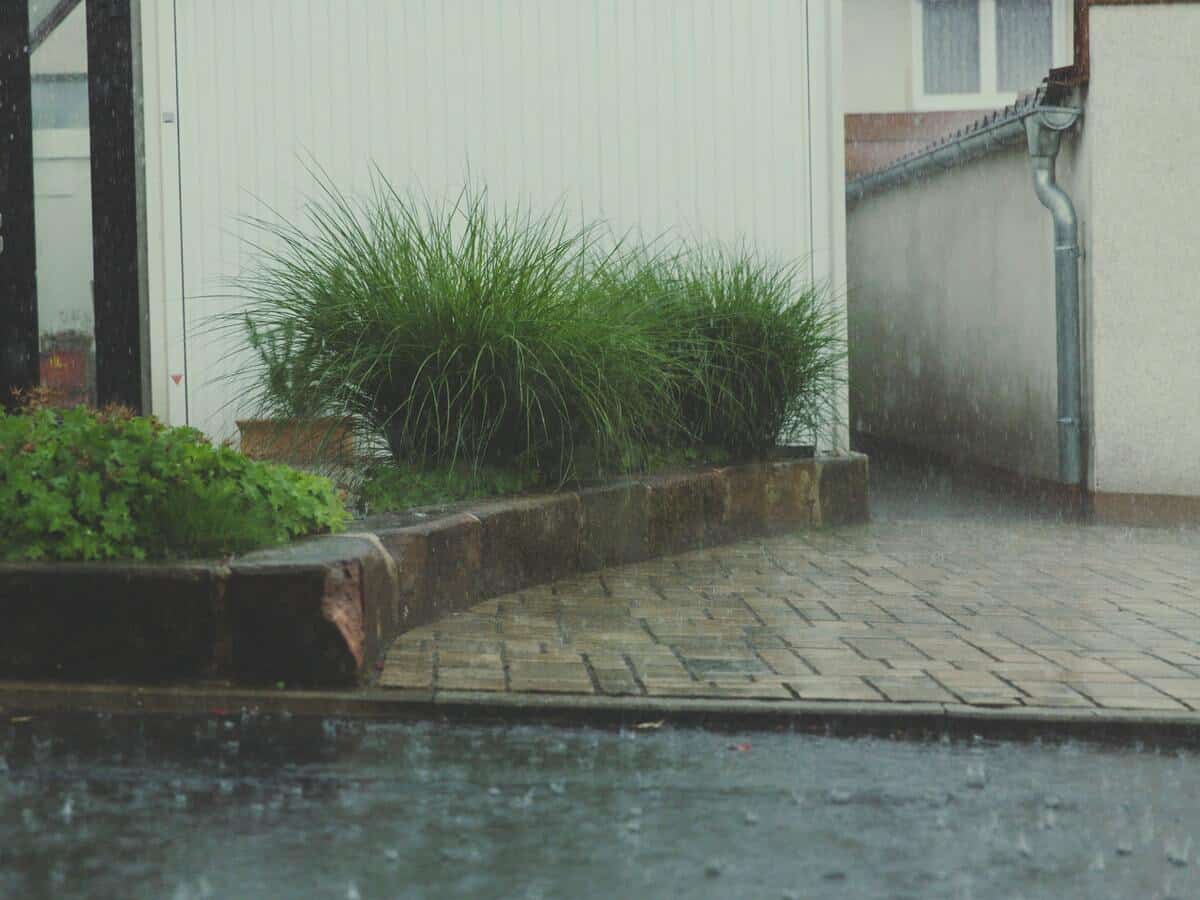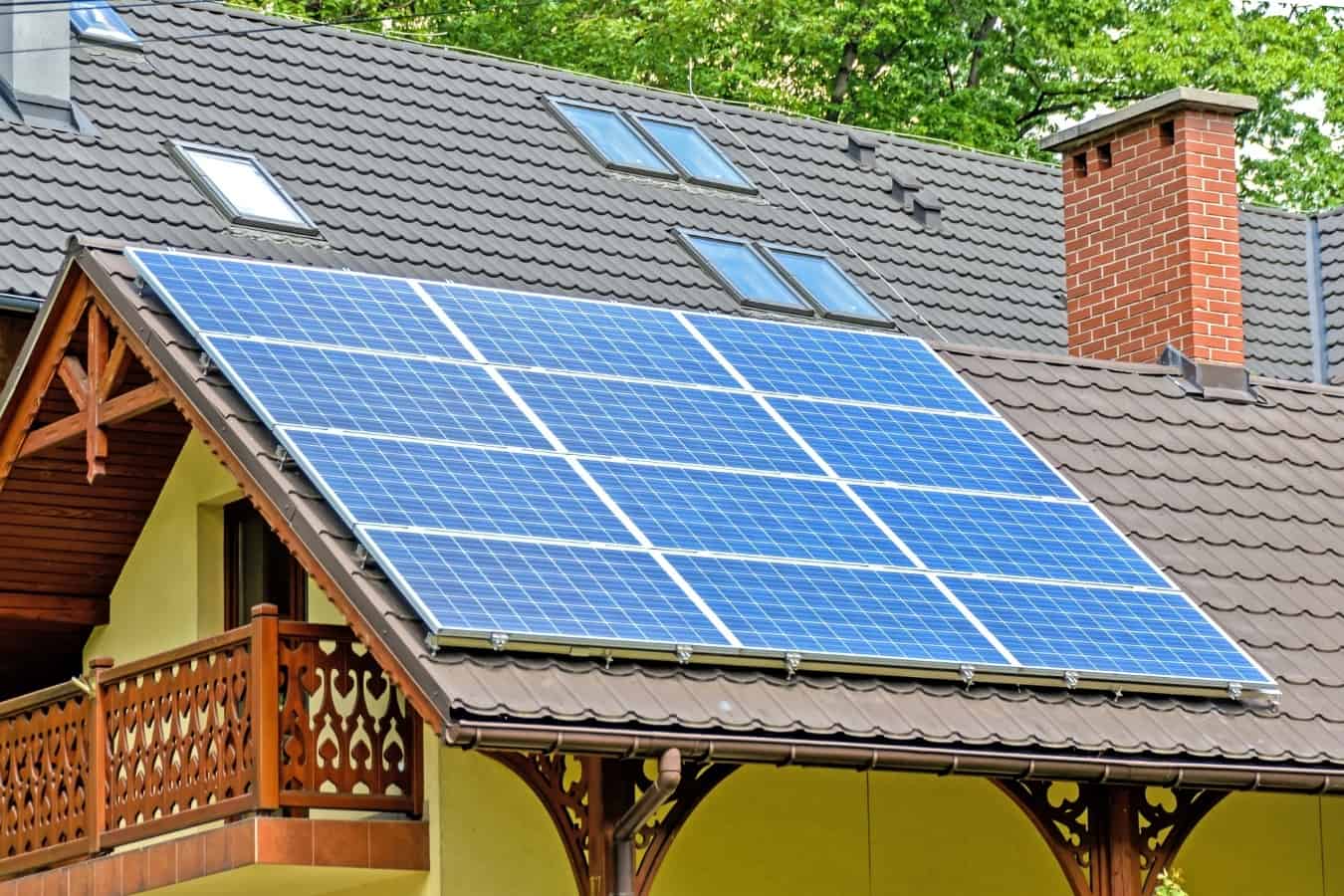All over the United States, more and more people are investing in roof-top solar panels — and why not? There have been huge technological advances in solar panels for home use in recent years. And solar power has never been more affordable. It’s a reliable way to harness the power of the sun to run your home while making your environment a friendlier place. However, those wondering “should I get solar panels for my house” should first consider these 10 questions before making the transition.
Discover Energy Audits with Solar Energy and ONIT Home
Try our Free Energy Audit to make sure your home is performing at optimum energy efficiency. We’ll inspect every nook and cranny of your home to make sure it’s best serving your needs. We’ll also give you tips on lowering your energy bills, conserving energy, and creating a more efficient space. To learn more about how we can help you maintain a top performing home, visit ONIT Home online to get started!
Which direction does your roof face?
Solar panels for home require a southern exposure if you live farther north in the United States. If you live in a sunny location, they require western exposure for maximum power generation. It is still possible to use home solar panels if you don’t have a south- or west-facing roof, but you won’t get as much power production.
How much room do you have on your roof?
Roofs come in many shapes and sizes. Make sure your roof has enough surface area to accommodate the home solar panels you need.
Is your roof strong enough to support the weight of home solar panels?
Most home solar panels weigh between 30 and 50 pounds. Mounting equipment and home solar panels together usually place 2 to 4 pounds of pressure per square foot on your roof. If your roof isn’t strong enough to hold them, there is a possibility that it will collapse.
If you have an older roof, or your roof has been damaged, it is possible to redistribute the weight of solar panels to the stronger sides of your roof, but it’s important to get a professional evaluation of your roof first.

Where will water go?
Another thing you need to consider if you’re wondering “should I get solar panels for my house”, is H2O.
The racking and wire harnesses required to install solar panels may interfere with the normal flow of rain water and snow melt into gutters and away from your house. You should get your contractor to confirm that your solar installation won’t interfere with the drainage of water off your roof.
Is your solar installation insured?
Check with your insurance agent to make sure your solar installation is covered by your homeowner’s policy.
How will your solar power installation be connected to the grid?
It’s possible to power your home off the grid with enough solar panels, but if you are staying on the grid, you should get answers to these questions:
- Do you need to pay any fees to the power company to connect your solar installation?
- How long will it take to connect your solar power panels to the utility grid?
- How much will you get paid for excess energy you send to the grid?
Rules vary from state to state.
Did you shop around to get the best value for your money?
Choosing the first contractor you see in Google search results may seem like an easy way to start saving on your utility bills right away, but this is not always true! If you want solar panels that are installed for maximum energy production and that give you years of problem-free operation, it is a good idea to get bids from several contractors before you go ahead with the solar installation.
Do you know how much you will save on your power bill?
You need to know not just how much power your panels will produce, but how much this will reduce your monthly bills.

Did you read your contract carefully?
Before you sign your contractor, there are several things you should check first:
- What are the terms of your financing? If you are getting a stimulus check from your city or your power company, are there any circumstances you would have to pay it back?
- Who owns the panels on your roof? Can the panels on your roof be reinstalled somewhere else?
- What entities collect data on your energy production?
- Which companies have access to information about your solar panel installation and use?
What warranties do you have for your home solar panel installation?
Having warranties means you don’t have to pay if something goes wrong with your home solar panels. But different aspects of your home solar panel installation have different warranties. Here are some warranties you should look for:
- Your solar panel warranty should cover the solar panels themselves for at least 25 years. Anything less than 25 years is below industry standards. The maker of your panels guarantees they will continue producing at least 80 percent of their original power for the length of the warranty.
- Your installation warranty covers the installation hardware and the installation itself for 2 to 10 years. This warranty covers roof penetrations, replacing elements of your solar system, costs of shipping replacement panels, and so on.
- Your inverter converts DC power from the panels to AC power for your house. Your inverter warranty covers manufacturing defects in the inverter itself for 20 to 25 years, but doesn’t cover errors in installation or normal wear and tear.
Do you have a contractor you can trust?
There is a simpler way to find a contractor you can trust–call ONIT Home Service. Our team of trained and trusted professionals can simplify any home solar panel installation. Solar power systems made at ONIT are best-in-class and powered to save you energy and money. Special processes, like our net-metering system, credits you for excess energy produced by your grid. For more information, set up a consultation with ONIT Energy today!



